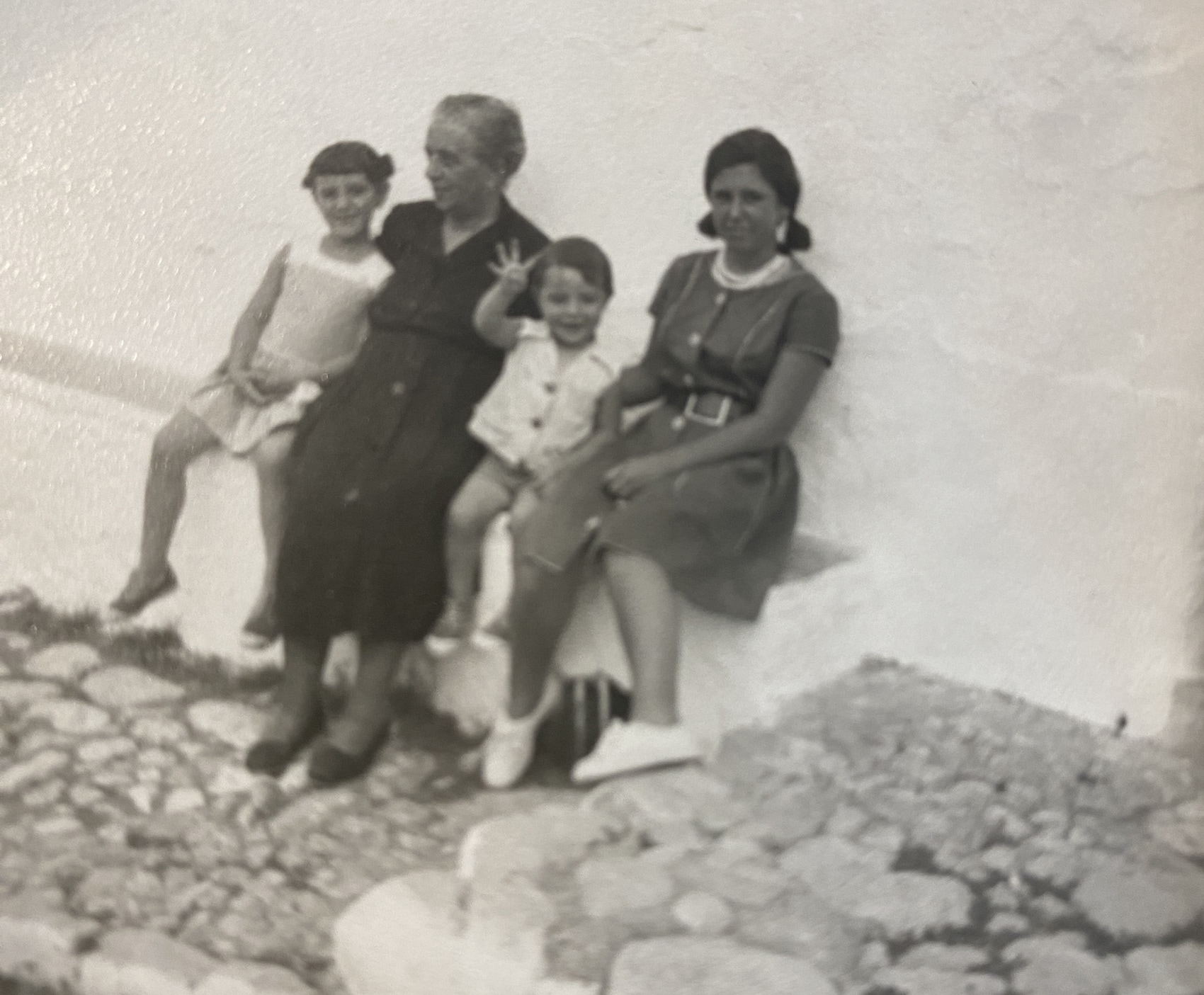Family
Blanco extra virgin is the culmination of a lifetime dedicated to the olive tree, it is culture, tradition, roots; it is Andalusia.
During those early years, the estate suffered the expropriation of part of its land for the construction of the Granada railway line by the Compañía del Ferrocarril de Córdoba a Málaga, belonging to the Malaga industrialists Jorge Loring y Oyarzabal, 1st Marquis of Casa Loring, and Manuel Domingo de Larios y Larios, 2nd Marquis of Larios.
In compensation for the forced expropriations, those pioneering ancestors of the Blanco family received tickets for life which enabled them to travel for free on the first Andalusian trains.
Since those far-off years of the late nineteenth century, Fuente Alcaide had been a predominantly agricultural and livestock estate. In the countryside, changes can take decades to come to fruition and are usually the result of a slow process, in time with the rhythms set by nature itself.
With the arrival of the twentieth century, the farm continued to concentrate on raising livestock and growing a wide variety of produce. There were cows, sheep and goats at Fuente Alcaide. But the advent of the 1950s brought with it a novelty that was to change the appearance of estates in the area for ever: olive trees.
Some neighbouring farms had begun to plant olives on their land and Don Jacinto, Manuel Blanco’s great-uncle, made the decision to devote part of his property to olive groves, sensing that in this tree, grown for centuries, lay the future of the Andalusian countryside. It was 1959. They tried to introduce it by transplanting wild olive trees, known as acebuches (oleasters), but these did not really take. Tests were made in turn with different varieties, mainly a type of Hojiblanca mixed with Manzanilla, traditional in the area, and these are now the oldest olive trees on the estate.
As ill luck would have it, Don Jacinto died very soon after beginning the process of introducing olive trees, and his sister, Don Manuel’s grandmother, decided that everything should remain as it was: that Fuente Alcaide should continue concentrating on livestock and agriculture. After all, it was a sensible decision, since the vagaries of the countryside require a cautious approach.
But the olive tree was spreading throughout Andalusia
The social and economic circumstances of the seventies made livestock production increasingly difficult. But with the arrival of the eighties, Manuel Blanco took charge of operations at Fuente Alcaide, determined to revive Don Jacinto’s idea of devoting the estate to olive trees. Since then, he has gradually been giving over more land to olive groves, to the point that they are now the estate’s main product.
To the traditional Hojiblanca olive trees the Blanco family added Arbequina, almost at the turn of the twenty-first century. These varieties characterise Fuente Alcaide as it is today and the exceptional quality of Blanco extra virgin olive oil.



